|
It's nearing the bittersweet end of the growing season here at Bardwell Farm. We are cleaning up the rest of the winter squash out of the fields before the frost, taking up plastic, and putting all of the fields to bed. Seems like a normal routine right? You would think so, but area farmers behind the scenes have been having one heck of a time this year. We want to take some time in this blog to reflect, not negatively, but more to explain some of the difficulties of being at the mercy of Mother Nature during Season 2018. Early spring was cold and we were excited to get planting. Temperatures were below average across much of the state which made warming soil temps difficult. In between very cool days and the warmer days, we managed to get the first transplants in the ground. Cabbage and chard settings sat in the soil for almost a month with minimal growth. This led to a lot of dampening-off (seedling death) and cabbage root maggot desiccation. A root maggot is an insect that eats the roots of crops such as cabbage, radish, and broccoli. Below is a picture of the first setting of cabbage I'm talking about. We got through the cold spell and were blessed with average rainfall through the early weeks of May, this helped us plant all of the main season crops. We even had to irrigate here and there because there wasn't enough rain. Local farmers were saying it was almost drought conditions by this time. Below you can see me irrigating scallions. May is the month for planting and we sure nailed that! Conditions were really good through most of June, then on June 19th is when things turned for the worse. June 28th started these crazy rain spells, getting 3.5" of rain in one day! Luckily crops were still in their smaller stage so not much damage was done. If you think about it though that's almost enough rain for a month in just one day! There are a few pictures below that demonstrate how the rain can effect crops in just one storm. Through the rest of July and August we dealt with constant above average temperatures and excessive rain, it really took a tole on both the farm crew and crops. We had average temps in the mid 90's with high humidity, which made work very difficult to keep up with the crops, weeds, and daily life on the farm. Crops grew so fast that sweet corn settings were coming in on top of each other. Vine crops such as winter squash and pumpkins matured in the first weeks of August! Winter squash and pumpkins are supposed to mature by mid September, but the hot humid weather we had pushed things along too quickly. These crops love the heat! Sometimes too much which can change harvest dates for crops that are more of a cool seasonal crop. Heat and humidity, coupled with the excessive rain, took a major tole. Crops just rotted in the soil they were planted in because of the amount of moisture in the ground and in the air. Many crops were lost and we experienced a major decrease in crop yields. The bottom line, too much rain! This season was also a struggle with pests, soil borne diseases, and weed control. The insect pressure has been incredible this year because of flea beetles, an insect that munches on cabbage and other crops love the heat. The excessive rot, rain, and humid conditions made the population of fruit flies explode both in storage and in field with crops such as tomatoes, fruits, and basically anything that had potential to rot because of the weather. Soil borne disease like Phytophthora Capsici which attacks crops such as peppers, eggplant, tomatoes, winter, summer squash, and pumpkins is a killer in the wet seasons. Most fields in the Pioneer valley are infested with this disease which is nearly impossible to get rid of. This is a fungal disease that is only active in saturated soil (moves in water) and can persist dormant in soils for up to 7 years. This disease can travel on equipment or your shoe from field to field. It infects crops by attacking the roots and slowly cutting the water and food source to the plants. This disease wiped out many of of our winter squash, peppers and tomatoes decreasing our yields. Lastly, weeds have been a struggle to control this year. So much rain has made cultivating and other weed control tactics difficult to maintain because of the mere fact of not being able to physically enter the fields. The result was a lot of weeding and coping with reduced yields... basically, we couldn't keep up with the amount of weed germination and growth because of the rain and heat. Quick fact, most weeds love the heat and don't mind the rain because they are acclimated to this area. No one ever said farming would be easy, but this year sure pushed many of the farmers in the valley to their limits. There was much learned this season, much lost and gained at the same time. To me, a season like this one made farming real.
There are major downfalls in choosing a career and life like this one, but we cannot let this stop us. We have to push through the difficulties and harvest the crops that grew the best for us. It was a great season to see which varieties held up better than others under these extreme conditions, which ones were resistant to certain diseases and weather conditions, and ones that failed miserably. We look at the 2018 season as an experience, not a loss. We hope this sheds some light on the season and the life of local farmers. From all of us here at Bardwell Farm thank you for your support!
0 Comments
Your comment will be posted after it is approved.
Leave a Reply. |
AboutFollow Bardwell Farm and all of our adventures here! Archives
April 2024
Categories
All
Gift CardsGive the gift of a CSA farm share or farmstand goods with gift certificate from Bardwell Farm! NewsletterSubscribe to Harry's Farmstand Monthly newsletter! |
DIRECTIONS |
|
|
©2022 BARDWELL FARM, ALL RIGHTS RESERVED
|

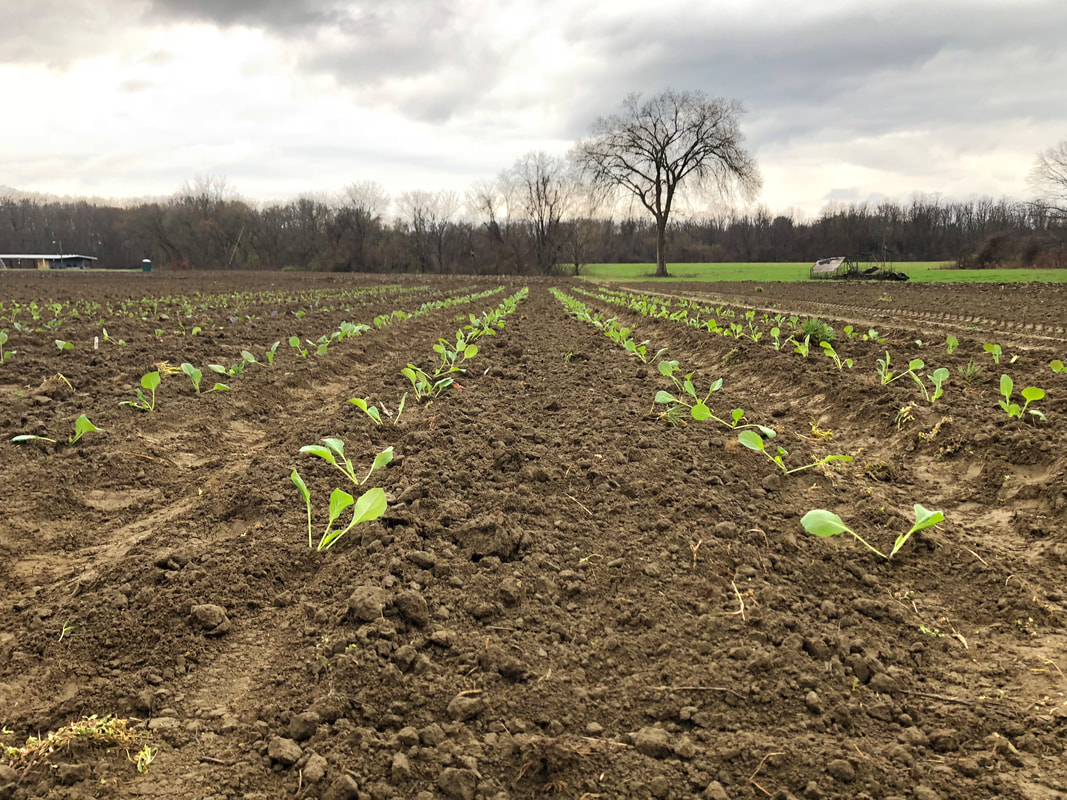
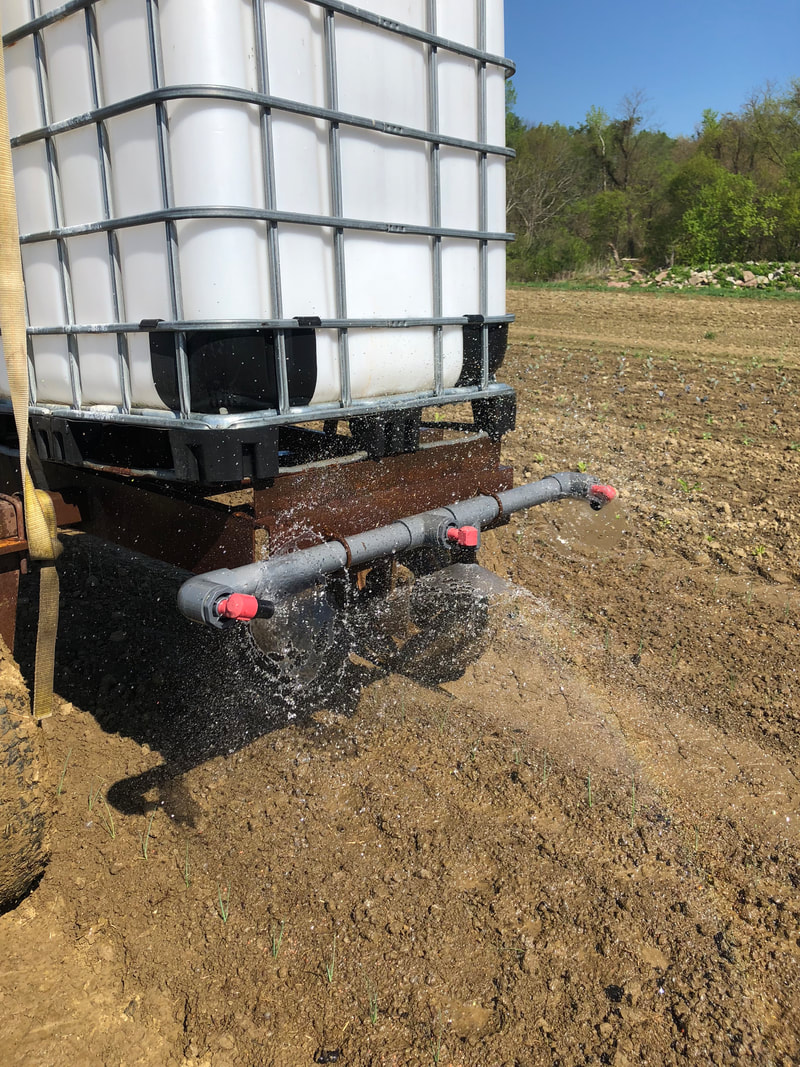
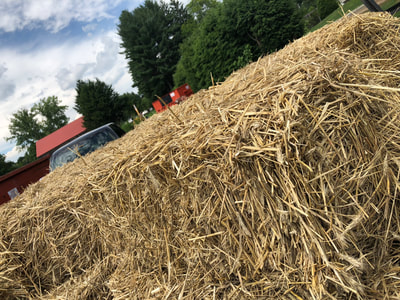
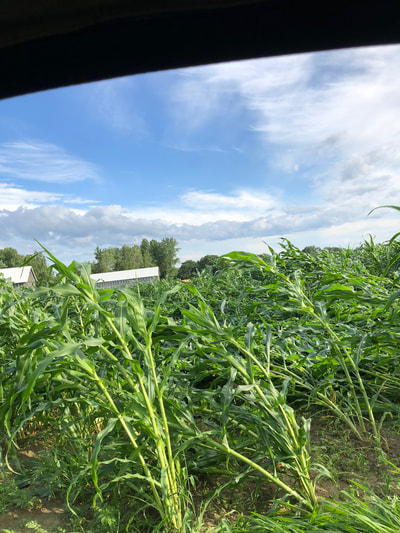
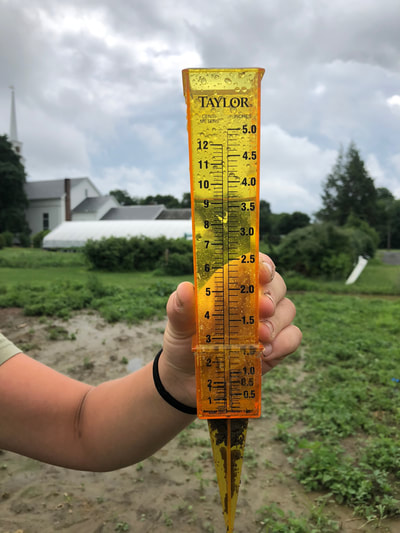
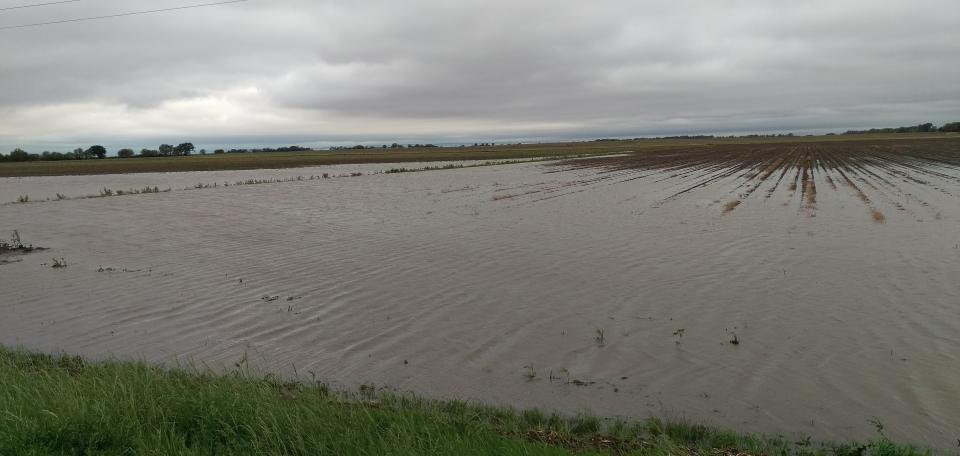
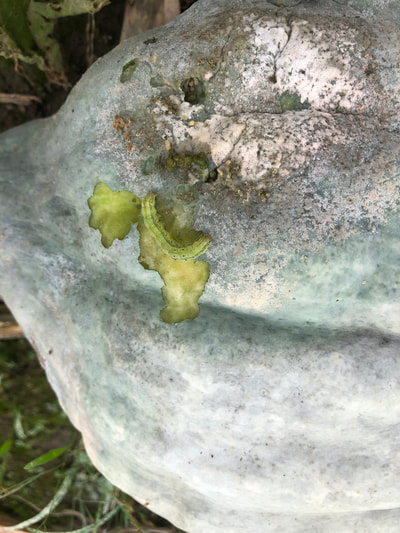
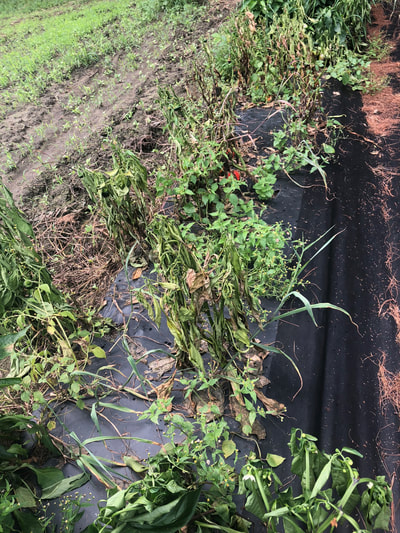
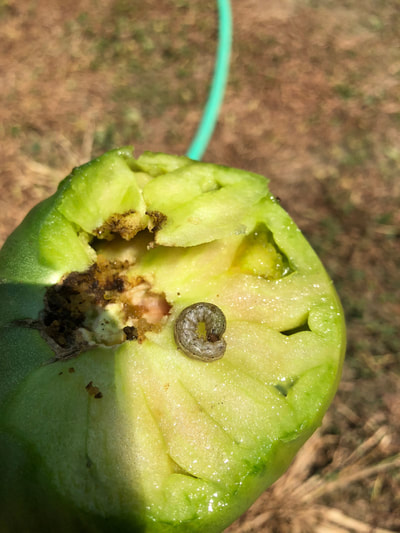
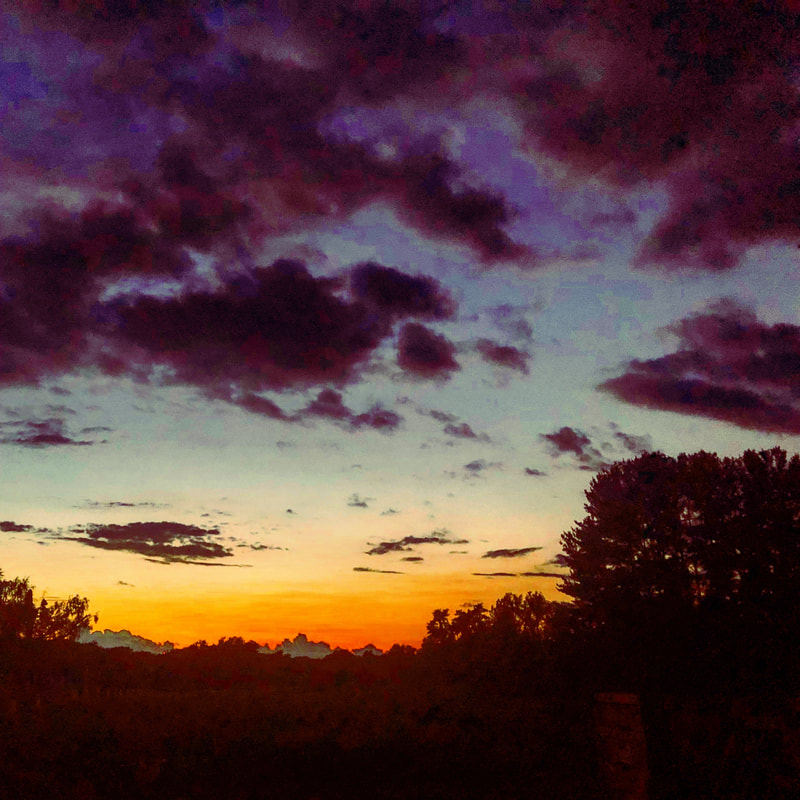
 RSS Feed
RSS Feed


